On the Fears of Death
And the importance of living.
I was considering a few topics to write about this week, but given Saturday’s post on superstitions I have been thinking about the topic of death (not in a morbid way).
Death is a universal, and nearly every culture and civilization that has ever existed has some belief about death.
In many cases, some people may even find it taboo to discuss death due to bringing forth some sort of bad luck or karma.
There’s even the term for those with extreme anxiety over death called thanatophobia, which is a fear of death or the process of dying.
As beings with such high cognition we may be one of the only species capable of understanding our existence, as well as the frailty that is life, meaning that we also must reconcile with our mortality and the end of it.
William Breitbart1 puts it the following way in one article, tying together death and an explanation for why we may fear it. It's a long excerpt but it summarizes a lot of aspects and discusses the notion of existential guilt, or the feeling that we did not do enough while we were alive, something that may make many fear their end:
Human beings are unique amongst living creatures in that we are “aware of our existence”- we can objectively contemplate ourselves! Almost 200 years ago, Kierkegaard (1983) postulated that as a result of this we experience two emotions: “Awe” and “Dread”. It is awesome to be alive. Yet it is dreadful to recognize that we all die, and that death can come at any moment. Kierkegard described the resulting experience of living this “aware” human life as a “struggle of being against non-being”.” Death, or the Inevitability of Death is a constant dread that lies just beneath the surface in all human beings. Death anxiety breaks through when our efforts to adapt to, minimize or deny death fail us, particularly at moments of loss, the death of those close to us, or when we are confronted with the limitations of life such as when we are diagnosed with a life threatening illness like cancer. Death is the ultimate limitation.
Kierkegard used the terms “Angst” or “Dread” when referring to what we call “Death Anxiety” or what social psychologists refer to as “Existential Terror (Becker 1973). Angst is often thought to refer merely to fear or anxiety. Interestingly “Angst” comes from the German root “angust” which is also the term for anger. This implies that anxiety and anger both compose the duality of emotions related to death… Ernest Becker (1973) hypothesized that in order to mitigate against death anxiety, human beings create “Culture”- humanly constructed beliefs about reality that reduce death anxiety. All “Cultures” elucidate the origins of the universe, prescribe appropriate behaviors, values, virtues, and offer literal or symbolic paths to immortality. Humans thus manage existential terror by believing that life is meaningful, and from the self-esteem obtained by meeting or exceeding cultural values. Thus Becker and psychologists like Sheldon Solomon who study “Terror Management” (Maxfield et al 2012) both highlight the importance of sustaining and enhancing a personal sense of meaning and purpose both individually, and perhaps in the world as well, as critical to the mitigation of “Death Anxiety”.
This awareness of our existence as human beings also results in an existential and biological imperative to somehow “respond” to the fact of our existence. This “ability to respond” to existence is embodied in the existential principle of Responsibility. We thus have a responsibility to create a life (related directly to Frankl’s concept of “creative” sources of meaning- all the ways in which we derive meaning from creating a life, and becoming “who” we strive to be in the world). This responsibility to create a life involves creating a unique life (one only we could have lived- authentic to us), and to live this life to its fullest potential- thus creating a life of meaning, purpose, direction growth and transformation, becoming a valued members of a culture and world on meaning. Most, if not all of us, fail at this impossible task. Falling short of this Responsibility, leads to what existentialists describe as Existential Guilt, the notion that I could have done more, and that I missed opportunities or failed in some ways. Kierkegard’s term “Angst” also refers to guilt or remorse, and many existentialists think of the term “Angst” as related to the concept of existential guilt, the idea that one has not achieved enough in one’s life- not lived a unique life to it’s fullest potential. This sense of existential guilt, many existentialists hypothesize, is the root of death anxiety and anger at impending death. Hence several existentially oriented interventions at the end of life focus on concepts of completing life tasks, making amends, forgiving and asking for forgiveness, trying to accept the life that one has lived (Breitbart, 2017)
Freedom, or the fact that we have the freedom to make our lives as we will; to be the authors of our own lives, is another source of existential distress. The concept of existential Freedom suggests an absence of external structure imposed upon the course and shape of our lives ((perhaps with the exception of the genetic predispositions we have been born with such as height, gender, intelligence, diseases, etc.), and a frightening existential groundlessness resulting from the idea that we are primarily responsible for our lives. The concepts of Responsibility, Will, and Existential Guilt all are derived from this ultimate freedom. The need to respond to life or “responsibility” becomes central when one is aware of existential freedom. It is through exerting our Will (and choosing our attitude) that we create the life that only we were meant to live, the person we want to become. Existential guilt arises when one is distracted from or impeded from exerting one’s will and responsibility in living up to one’s unique potential (never lives up to one’s potential).
In one Netflix miniseries Midnight Mass2 one character remarks on death and provides a similar description, commenting that when we reach our end we come to terms with death, but within the lost minutes we may beg just to have some more time.
A bit harrowing given the plot of the series, but it’s something I tend to think about quite often. As I get older I continue to think about the concept of death, and just recently I had to witness death and the effects it had on loved ones which I would never wish on people.
During that time I picked up a few medical books from a used bookstore, including the following book Being Mortal from Dr. Atul Gawande, describing some of the issues with how the medical establishment deals with death and for those near the end of their life.
I didn’t get too far into the book, partially because it felt a bit too surreal at the time.
Death is something we all must face at some point in our lives and yet it’s how we perceive and deal with death that varies so widely.
The onset of COVID revealed something so striking, in that it ironically created one of the greatest social equalizers we have come across in modern times.
For the privileged and elite, risk of death from gunshots or natural disasters would be outside of their field of vision, for they could afford to avoid many of the risks that plague the common folk.
With the onset of COVID, nearly everyone could be affected, and this meant even the celebrities and great influencers of our time.
Dr. Vinay Prasad brings up this point in a recent interview with Dr. Drew when referring to professors now having to face the reality of their own mortality (timestamped):
As noted by Dr. Prasad fear can rot the brain. Fear can make one act irrationally and against their own beliefs. In times where one must come to terms with their own mortality, they may barter to find ways to protect themselves from possible dangers.
Rather than barter with Death itself, many people have chosen to barter with the government and medical bodies to provide them some solution and end their anxieties over facing their own mortality.
Take into account that Noam Chomsky, the supposed champion for the working class who remarked that those who deny getting the vaccine should be isolated from the rest of the community to protect others (timestamped for the relevant portion).
By all accounts Noam Chomsky isn’t that young, and yet to argue for such a drastically different position than one he has touted for years should raise some questions as to why he would now take such a drastically different stance.
Of course, I would argue that COVID has made Noam Chomsky come to the gripping reality that he probably doesn’t have much time left on this earth.
Take another wealthy individual Howard Stern, who by all accounts never left his house due to paranoia over COVID, only showing his face a few weeks prior when dining out at an expensive restaurant with other celebrities such as Jimmy Kimmel and Jennifer Aniston. Of course Howard Stern would break such a rule for other Hollywood acolytes, even though he had serious panic issues and anxiety in doing so.
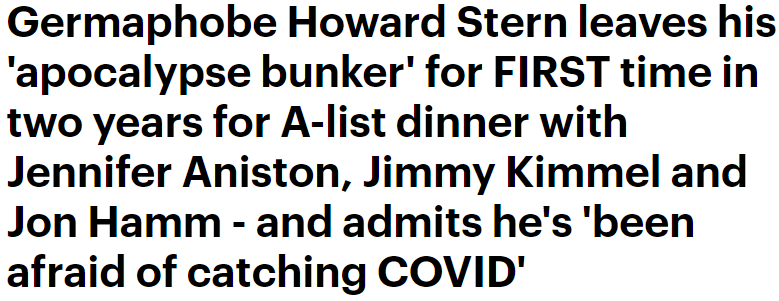
I remember hearing of a few celebrities describing how they were dealing with COVID in the spring of 2020, with many remarking that they were going to their beach houses to isolate from people. Again, how quant and charming for the elites to be able to find ways of avoiding the disease-ridden, poor commoners that make up a majority of our society.
All of this is reminiscent of Edgar Allan Poe’s short story The Masque of the Red Death (which can be read here) in which wealthy noble elites isolate themselves inside an abbey as the deadly disease the Red Death sweeps the countryside.
Wealthy nobles continue to party and indulge as death consumes all around them, climaxing in the inevitable when a masked figure makes his way into the party infected everyone and leading to the their deaths.
One may consider this short story to be an argument against the frivolous attempts to escape death, as death comes for all including those who may be so arrogant to consider themselves above others.
It’s a striking, all-too familiar tale of how those who fear death may dictate how the rest of us live our lives.
And that’s probably the most important thing to consider here.
I’ve remarked that there’s a serious distinction between staying alive and living.
Over the past two years many people, fearful of their own mortality, encouraged actions to keep themselves alive with the loss of being able to live due to government measures of lockdowns and isolations.
It’s a not a life worth living to isolate oneself from the world. It’s certainly not a life worth living to not see friends, family, and loved ones especially when their time may be near due to other circumstances.
The elderly, not all too surprisingly, tend to have less anxiety over death likely owing to earned wisdom and awareness that comes with age.
As such, many elderly people have argued that they would rather risk getting sick and dying if it meant being able to see their family.
Contrast that with the young who have the greatest fears over death and who have been levied to argue for draconian measures even though they are supposedly the least likely to be harmed by COVID.
During this time of year we’re reminded of the association between the living and the dead with all of the imagery that surrounds us. Whether through religious or other spiritual beliefs, we are made aware of our life on this planet and what life we may leave behind.
Many may take this time to pay their respects to the death, but take the time to remind yourself as to whether you have been living.
Make note that as we continue to be alive we may not be living. We may not be thriving either physically or mentally, even though we continue to exist.
At some point we will meet the inevitable, but reach it knowing that the time until then was one worth spending.
So let’s spend this time being alive to pay our respects to the dead, while reminding ourselves what it means to live and knowing the difference.
If you enjoyed this post and other works please consider supporting me through a paid Substack subscription or through my Ko-fi. Any bit helps, and it encourages independent creators and journalists outside the mainstream.

Breitbart W. (2017). Existential guilt and the fear of death. Palliative & supportive care, 15(5), 509–512. https://doi.org/10.1017/S1478951517000797
There’s a lot of religious undertones in the film, and the main character can come off quite obnoxious in his rebuttal of religion, even for someone like me who isn’t religious so that means something. I think the series touches on death and religion in a respectable manner, especially since it highlights the ambiguity that can come with beliefs and how in many cases it may be left up to interpretation. However, I will warn that the series sort of goes off the rails near the end which harms the series.


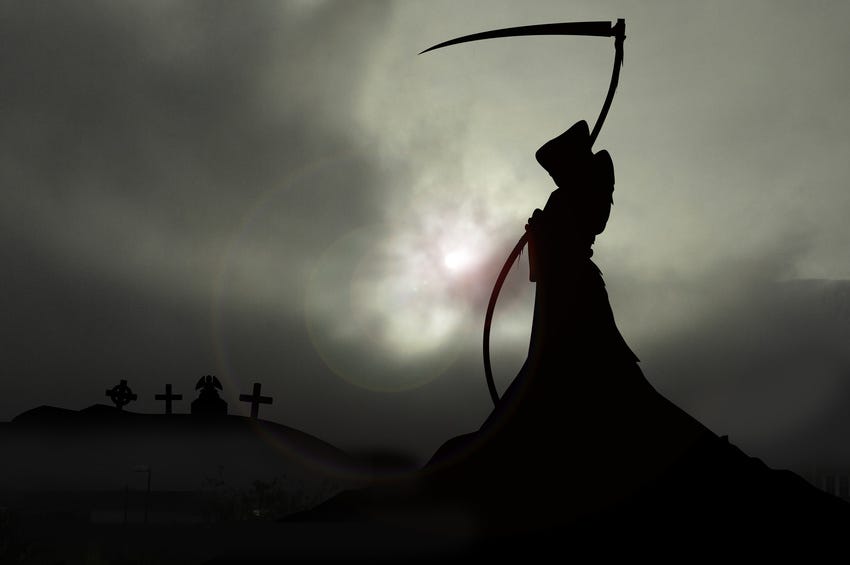
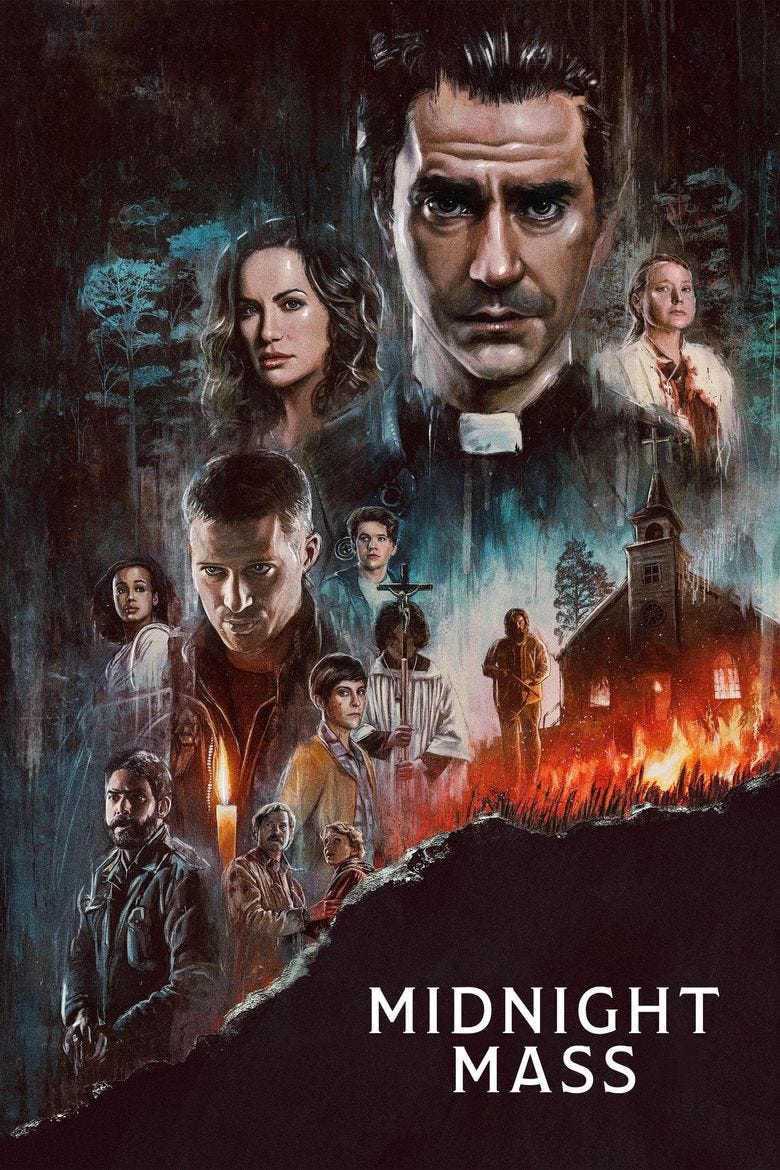
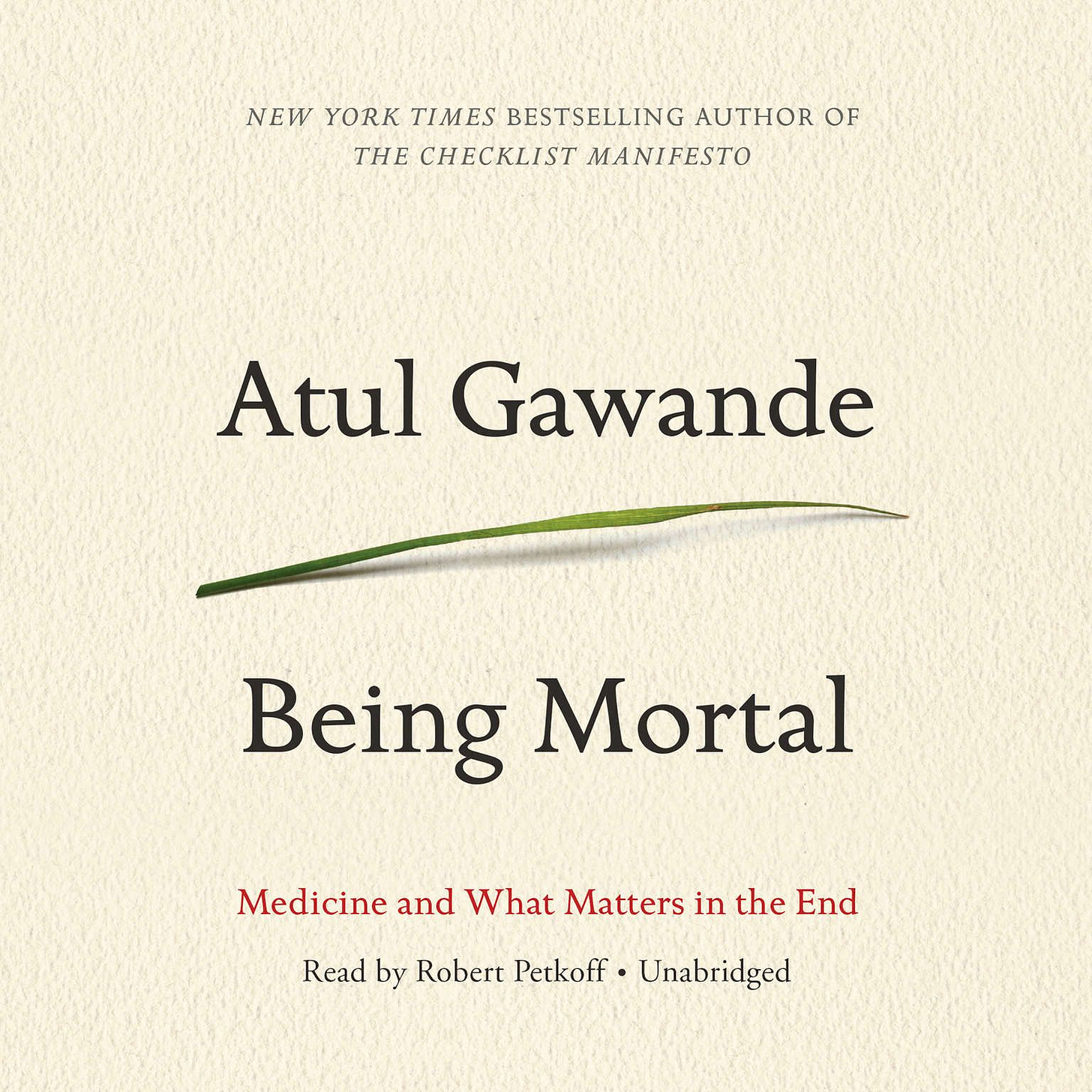
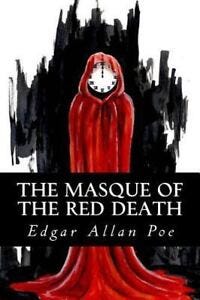
Another interesting topic. Not only is death universal, it's necessary for life to continue. If we didn't die off by age, disease, there would have been kill squads millennia ago. But why fear death? I imagine if you've been bad and are religious, you might fear the "accounting". But, if you've been good and are religious, then you go to God. Nothing wrong with that. If you're not religious, then it's just oblivion. Nothing wrong with that. No more suffering and thinking about the continual suffering that goes on around every minute of every day in all life.
Nothing seems more useless than anticipatory fear. Time enough to fear the Great White Shark when you see him (or don't) speeding towards you, but still go swimming in the meantime.
Considering that none of us know how many minutes we have left on this orb we call home, one might think would make each moment so valuable that spending even a single minute on fear would be unthinkable. Alas, not so ! We waste so many of our precious minutes.